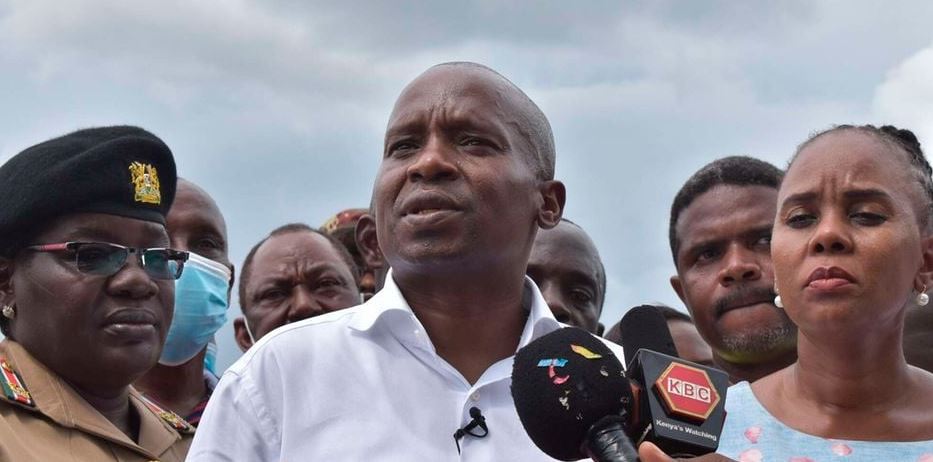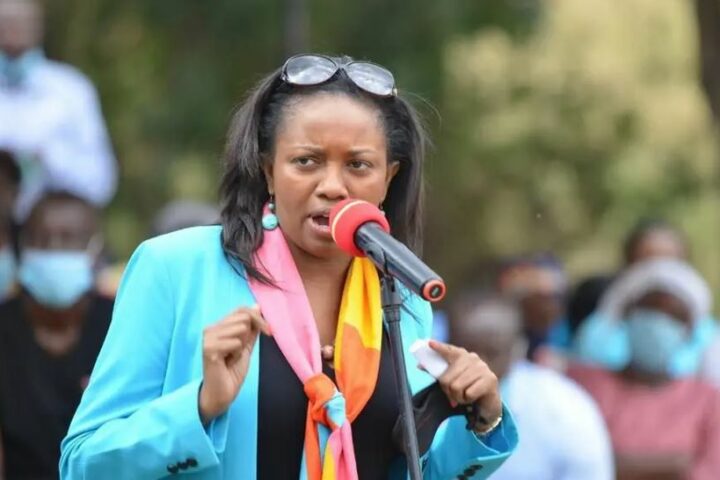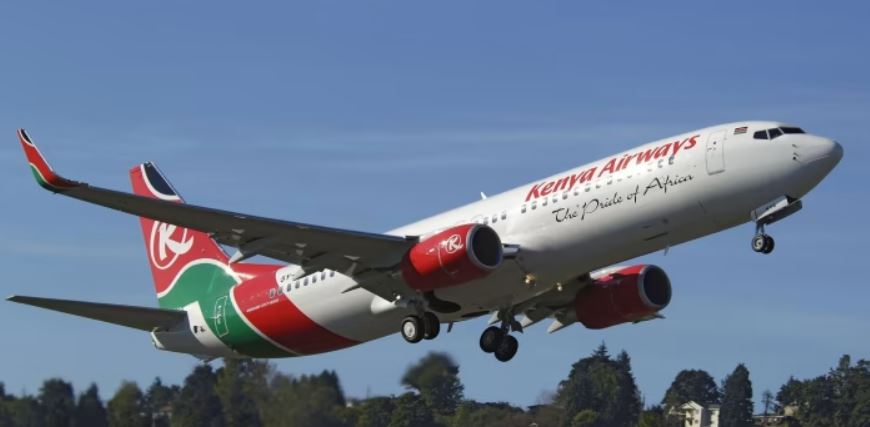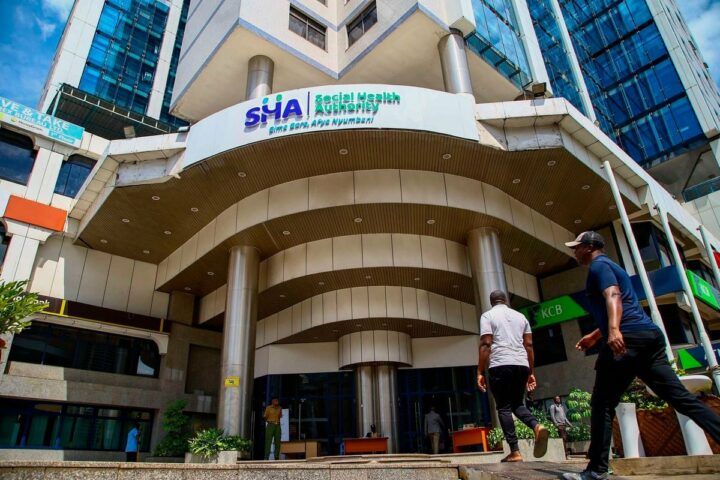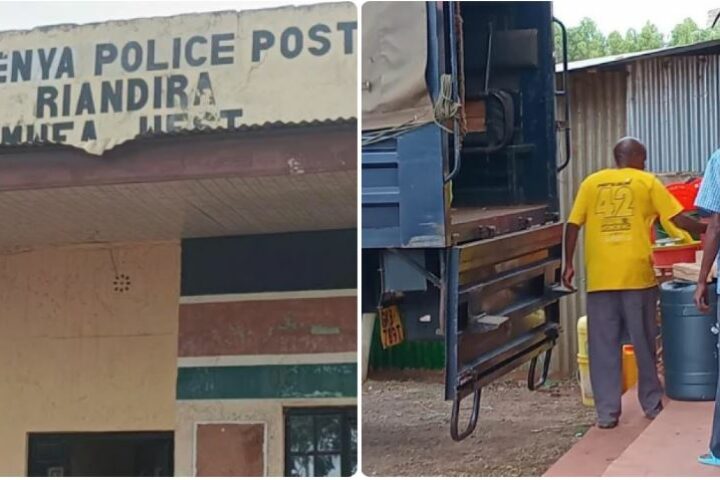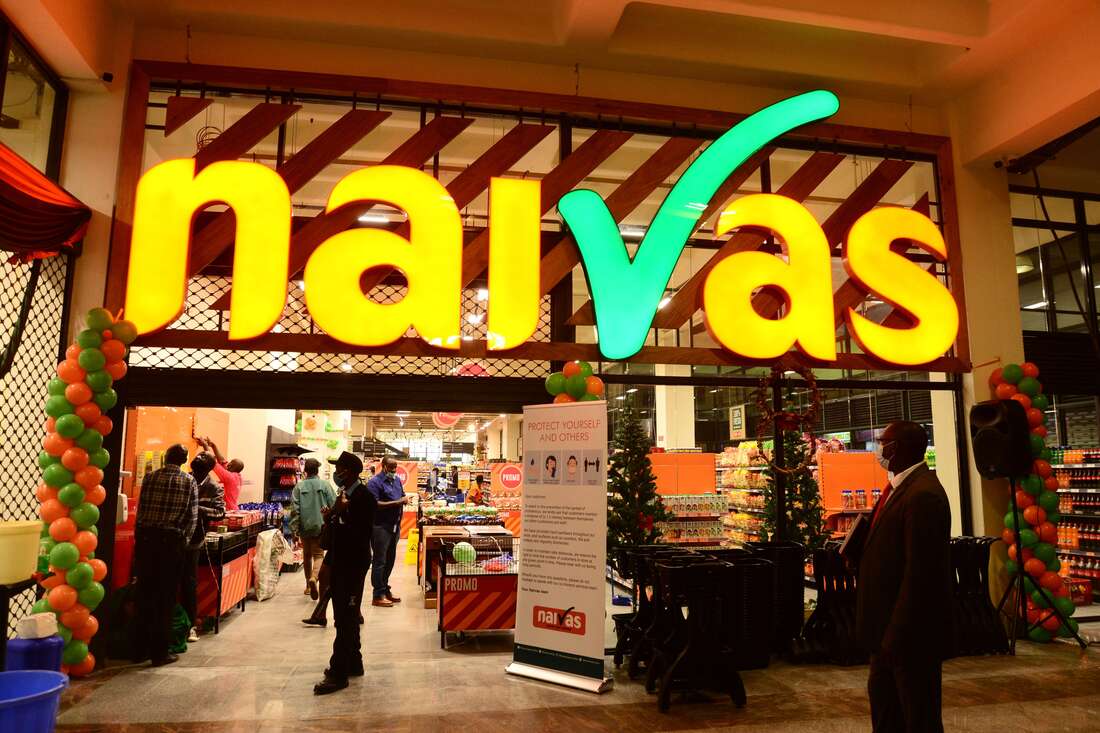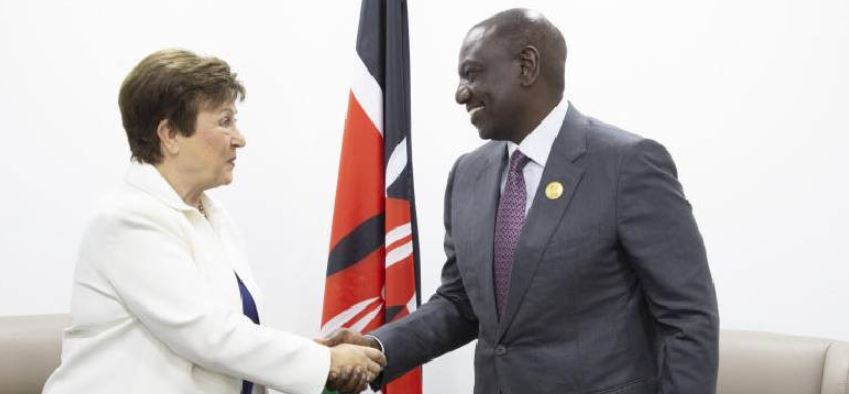 International Monetary Fund (IMF) managing director Kristalina Georgieva spoke to The Standard on the state of Kenya’s economy, debt default fears and why the IMF “sees light at the end of Kenya’s crisis tunnel” amid fear of economic collapse.
International Monetary Fund (IMF) managing director Kristalina Georgieva spoke to The Standard on the state of Kenya’s economy, debt default fears and why the IMF “sees light at the end of Kenya’s crisis tunnel” amid fear of economic collapse.
What is your outlook on Kenya’s debt and will Kenya be able to refinance its looming obligations amid such concerns?
The African continent is being squeezed by higher interest rates as well as by dollar appreciation. The depreciation of the currencies overall is the highest we have seen in 20 years. So there is an impact, leading to 19 out of the 35 Sub-Saharan African countries being in or near debt distress.
This said, we don’t foresee a systemic debt crisis. Why? because the countries that are at the point of needing debt restructuring are still a relatively small group. Kenya is definitely not among them. Kenya’s debt is sustainable but indeed the country finds itself cut off from the international markets and the domestic market needs a bit of help to function at a higher level.
In other words, it would be good to see more attention paid and we discussed this with the Central Bank of Kenya on how to make the domestic market more vibrant. That is, of course, related to bond issuance domestically with a reward for those who buy bonds being at a more attractive level.
We do not see Kenya facing difficulties to serve the $2 billion next year. Why? First, because reserves are still quite sound. The country has some $6 billion in reserves and it has been taking very prudent measures both on the fiscal front and on the monetary policy side to make sure that this reserve position remains sound. Second, Kenya can raise money through syndicated loans or other ways including from us the IMF.
We see the government as very determined to be in a position of strength. What is the evidence? We have a programme and in the programme, there is an agreement tightening the fiscal side. We have seen the budget that has been crafted exceeding that target. We are in very intensive discussions with the Central Bank on how it can help in retaining that position of strength.
Why are you advising Kenya to allow the Shilling to fall?
The advice we are giving Kenya to allow the shilling to fall where it should be is consistent with what we are advising them to do which is relying more on fundamentals or where the market forces are taking you. If you think about all of our advice it is fiscal and monetary policy working hand in hand and not against each other.
If we are to ask on the fiscal side to eliminate subsidies that benefit the rich, target social support to those who really need it but at the same time don’t help the country to mobilise on the domestic market financing, then we may be at the point when tightening hits the wall of insufficient liquidity for the measures that we are recommending.
If you don’t allow the domestic market to be a source of financing, externally you are cut, and you still have a fairly significant need to support vulnerable populations. How are you going to square it? If the shilling is artificially held high, that suffocates the domestic market. How is the country going to function? You keep the shilling artificially high, you keep the rewards for bonds artificially low, and what happens is you run out of money because you don’t have access to the external market at all, zero?
So there is an impact on inflation and debt service costs but the alternative is the economy suffocating and that you cannot do. If the economy is functioning then it creates jobs and you get income. When you have stronger finance you can service your debt even if the costs are higher. If you suppress the economy, it really doesn’t matter that maybe the shilling is higher because there are many fewer shillings than otherwise there would be.
Where do you see improvements in the domestic market?
If you know that for some time you’re not going to have access to international markets, make sure that your domestic market functions well to secure finance to build this protection. It’s not really magic, the vibrancy of the market, Kenya is not actually doing badly but there are other countries that are doing better. South Africa, for instance, has a more vibrant domestic market.
Tell us about the IMF mission coming to Nairobi.
The mission coming here is going to do the work of regular review. In other words, where we are with the programme and where progress is made and where there could be some additional action. This discussion, I cannot prejudge the outcome because it is yet to start.
But I can tell you we very strongly support Kenya. We think Kenya is a case of an innocent bystander. It has been hit by external shocks, especially by the freeze of access to capital markets but also the shrinking of the fiscal caused by Covid and the war in Ukraine. But it is acting responsibly, especially with the ambition to bring back the trajectory of increasing domestic revenue mobilisation.
As you know, the revenue collection in Kenya of slightly over 17 per cent of GDP is way below what some other economies in Sub-Saharan Africa have reached. Yes, on the positive side, it is above the threshold that we say that you’re on the cutting of your economic foundation but it is not in the vicinity of 23, 24, or 25 per cent of revenues to GDP where we would like it to be, so accelerating that is what would build buffer zone and resilience for the future. When a country is there it has a sound foundation to invest in education, infrastructure and add social services to the population and make the economy more vibrant.
We expect to see more attention to eliminating barriers for the private sector. Kenya can stand very well to benefit from digitalisation.

